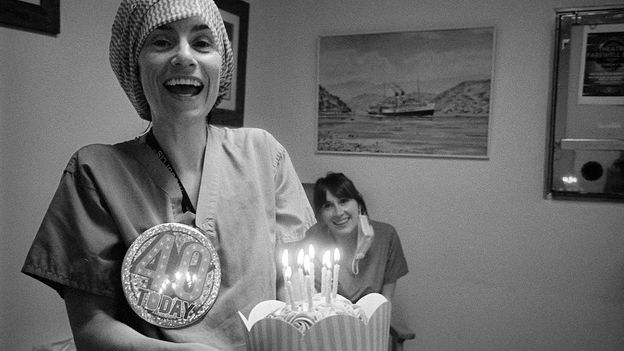Ireland's Health Divide Deepens: Economic Growth Doesn't Guarantee Better Health for All

Despite Ireland's overall economic progress, a worrying trend is emerging: the health gap between its most and least disadvantaged communities is widening. A recent report by the Economic and Social Research Institute (ESRI), commissioned by Pobal, paints a concerning picture, revealing “clear evidence” of this growing disparity.
The ESRI study meticulously examines socioeconomic conditions across various communities in Ireland, delving into factors like income, education, employment, and housing. While the nation as a whole has seen economic improvements in recent years, the report highlights that these benefits aren't being evenly distributed, and crucially, aren't translating into improved health outcomes for everyone.
Key Findings & Concerns:
- Widening Health Gap: The core finding is a clear and concerning widening of the health gap. Individuals living in disadvantaged communities consistently experience poorer health outcomes compared to their more affluent counterparts.
- Socioeconomic Determinants: The report emphasizes the powerful role of socioeconomic factors in shaping health. Limited access to quality education, stable employment, and adequate housing significantly impacts health status and longevity.
- Persistent Disparities: Despite interventions and programs aimed at addressing inequality, the report indicates that these disparities remain persistent and, in some areas, are actually worsening.
- Impact on Vulnerable Groups: The widening health gap disproportionately affects vulnerable populations, including low-income families, individuals with disabilities, and those living in rural or isolated areas.
Why This Matters:
This isn't just a statistical anomaly; it has real-world consequences. A widening health gap leads to:
- Increased strain on the healthcare system, as disadvantaged communities require more intensive and costly care.
- Reduced productivity and economic potential, as individuals struggle with illness and disability.
- Social unrest and inequality, further marginalizing already vulnerable populations.
Recommendations & The Way Forward:
The ESRI report doesn't just highlight the problem; it also offers insights for potential solutions. These include:
- Targeted Interventions: Investing in targeted interventions that address the specific needs of disadvantaged communities, focusing on early childhood development, education, and employment opportunities.
- Addressing Social Determinants: A holistic approach that tackles the root causes of inequality, such as poverty, lack of access to affordable housing, and inadequate social support systems.
- Cross-Sector Collaboration: Collaboration between government agencies, healthcare providers, community organizations, and the private sector to create a more equitable and health-promoting environment.
- Data-Driven Decision Making: Continued monitoring and evaluation of health inequalities, using data to inform policy decisions and ensure that interventions are effective.
The report serves as a crucial wake-up call. Economic growth alone is not enough; Ireland needs to prioritize policies and investments that ensure everyone has the opportunity to live a healthy and fulfilling life. Addressing this widening health divide is not just a matter of social justice; it's essential for the long-term prosperity and well-being of the nation.
Further Information: You can access the full ESRI report on the Pobal website [Insert Link to ESRI Report Here, if available].






